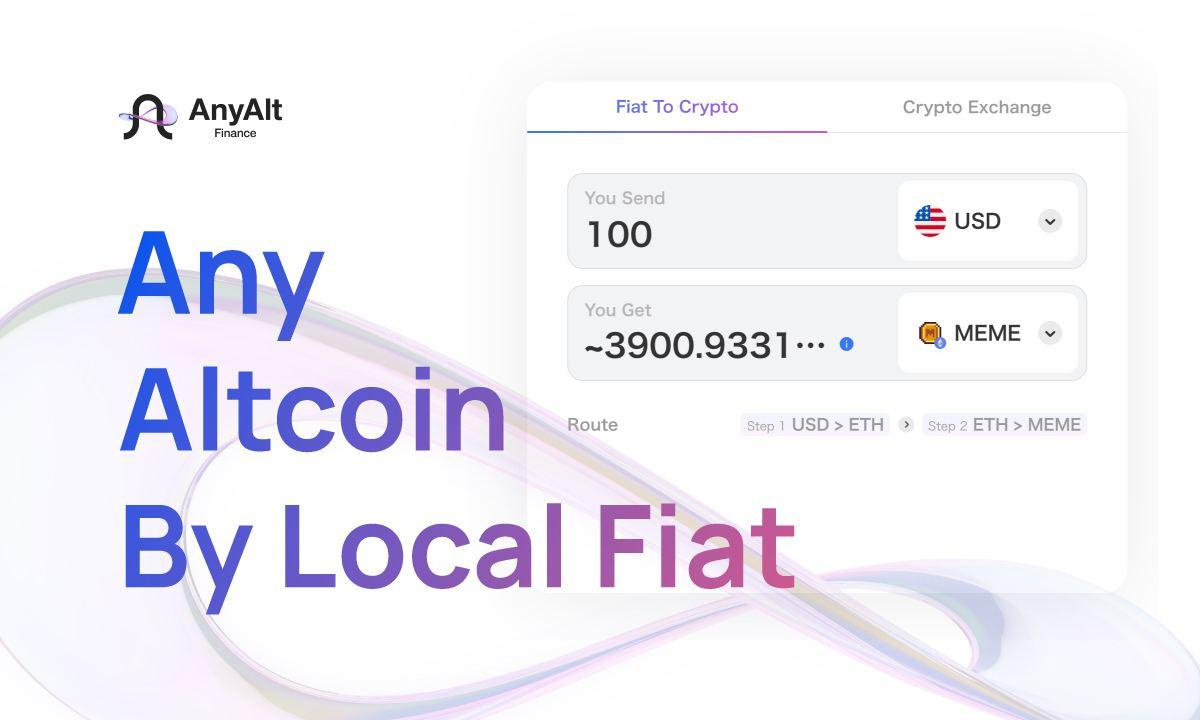
Consensys has reached out to the U.S. Securities and Exchange Commission (SEC), insisting that Ethereum’s advanced security mechanisms be taken into consideration and that Ethereum’s advanced security mechanisms should be seriously deliberated. Consensys Pushes SEC to Approve Ethereum’s Safety Measures. It has been reacting to queries by the SEC on issues related to the Ethereum Proof of Stake (PoS) system in allowing Ethereum ETFs.
In the submission, the company outlined that with Ethereum’s PoS system, Built-in safeguards prevent fraud and manipulation, potentially exceeding the security levels of Bitcoin’s Proof of Work model. The comparison here is important, given that the SEC had cleared the way for the trading of Bitcoin-based ETFs.
ConsenSys highlights how the quick block finality of Ethereum further strengthens the decentralized system through a random checking process. However, there are also penalties in the case of rule-breaking. This makes the blockchain more secure against manipulation.
Consensys pointed out what Ethereum might enable in relation to environmental and security issues with the help of a decentralized community acting as a security and transparency enhancer. It is pointed to be as secure and durable as any out there, with some even pointing to the fact that it could be more secure than Bitcoin ETFs, which is one of the few regulatory-approved ETFs currently out in the market.
Consensys is working to make it easier for people to use web3 technologies. Getting the SEC to approve Ethereum ETFs is a very important step in this process. The letter to the SEC represents Consensys’s commitment to contributing informed perspectives on the evolving landscape of digital assets.
Also read: Spot Bitcoin ETFs Amass 500K BTC Valued at $35B in 54 Days
Disclaimer: This article is provided for informational purposes only. It is not offered or intended to be used as legal, tax, investment, financial, or other advice.
Read on The Crypto Times Investment Disclaimer




